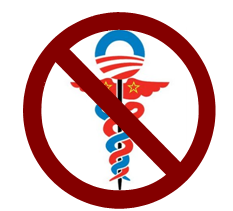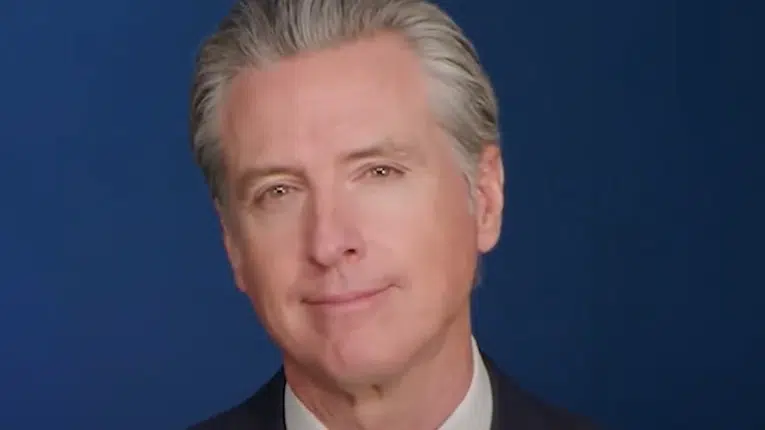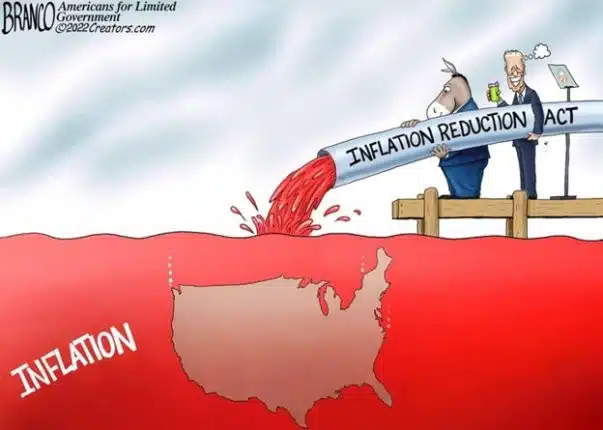NRD Editor’s Note: This column originally appeared at TheHill.com.
 By Rick Manning — The implementation of ObamaCare assumed that the states would do the work of setting up individual state exchanges to provide a clearinghouse of health insurance information for the public, and provide the mechanism that triggered enforcement of the law against those employers who were accused of violations.
By Rick Manning — The implementation of ObamaCare assumed that the states would do the work of setting up individual state exchanges to provide a clearinghouse of health insurance information for the public, and provide the mechanism that triggered enforcement of the law against those employers who were accused of violations.
There are just 33 problems. That’s the number of states that have chosen to either not implement a state exchange at all or engage in a hybrid system that leaves many of the problems up to the federal government, as is the case with Illinois, Delaware and North Carolina, or which remain undecided on whether to accept the responsibility for developing the exchange.
Already, 25 states representing 45 percent of the U.S. population have told the Obama administration that they will not be spending the time, energy and effort to build a state exchange, when ultimately the federal government would have to approve virtually every decision that was made. These states have effectively told the Feds that they won’t own the vast array of problems created under ObamaCare when they won’t have the flexibility or ability to fix them.
Yesterday, Pennsylvania Gov. Tom Corbett issued a statement declaring, “It would be irresponsible to put Pennsylvanians on the hook for an unknown amount of money to operate a system under rules that have not been fully written.”
The states of Florida, Iowa, Michigan, Utah and West Virginia are still considered to be on the fence about whether to establish the exchanges.
One important wrinkle in states’ consideration of whether to establish exchanges is a CATO Institute legal analysis that concludes that the federal government-run exchanges that would operate in those states that choose against establishing their own are not statutorily allowed to trigger enforcement of the law against accused violators.
By close of business on Friday, the ObamaCare employer mandate might be legally unenforceable in 33 states representing 65 percent of the U.S. population.
The practical effect is that businesses in non-state exchange states will operate under a different set of federal healthcare rules than their counterparts in states like California, Massachusetts and New York. The current competitive advantages that many of these states currently enjoy due to low tax, less regulatory environments over high-tax, bad-business-environment hard-blue states will grow almost exponentially.
Employers who can will shed the Obama mandates simply by picking up stakes and moving to states where they cannot be enforced.
If the federal courts agree, Obama and his merry band of Democrats who forced through this regulatory headache that threatens the healthcare of every American may just wish that they had actually read it before they passed it.
Of course, that assumes that the federal courts agree with the CATO analysis. At the very least, states that reject implementing state exchanges at least give their employers a fighting chance.
Rick Manning is the Communications Director at Americans for Limited Government.






